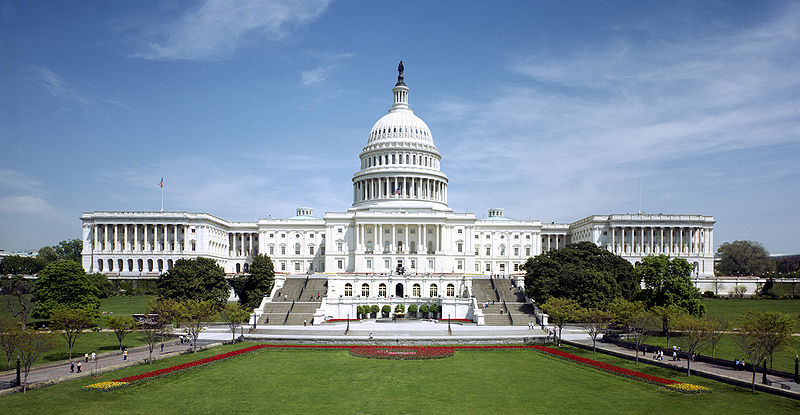Oversight Board orders a freeze of recently passed Act 41

The Financial Oversight and Management Board for Puerto Rico ordered the suspension of the recently passed Act 41, a reform to the Labor Reform law signed less than a month ago, arguing the government fell short in providing an economic analysis to show its impact on employers.
Act 41 amended the Labor Transformation and Flexibility Act (Act 4 of 2017), which at the time “amended labor laws to encourage new hiring and labor market flexibility, thereby promoting labor force participation, economic growth, and revenues associated with that growth,” the Oversight Board said.
“Aware of calls in some corners to reverse the progress reflected in the Labor Transformation and Flexibility Act, the Fiscal Plan prohibits repealing the law or otherwise enacting legislation that negatively impacts labor market flexibility,” it further stated.
“Despite this clear mandate, the Puerto Rico Legislature passed a law, repealing portions of the Labor Transformation and Flexibility Act and imposing new labor law restrictions. Prior to the enactment of the law, the Oversight Board analyzed the measure and determined what should be evident to all: imposing new restrictions on employers will deter new hiring, adversely affect the labor market, harm the economy, and have a negative impact on Commonwealth revenues,” the regulatory body further noted.
Among other issues that the Oversight Board had with the amendments were the lack of an estimate of how much Act 41 will increase employers’ expenses, decrease their net incomes, and decrease their taxes payable to the Commonwealth.
“It is imperative that the government consider such impacts before passing laws that impose significant new labor costs and burdens on every private employer in Puerto Rico,” the entity stated.
For those reasons, the Oversight Board determined Act 41 impairs and/or defeats the purposes of the Puerto Rico Oversight, Management, and Economic Stability Act (PROMESA) and told Gov. Pedro Pierluisi prior to the June 20 signing.
“The Governor has stated his disagreement with the Oversight Board’s assessment of Act 41 and stated his belief that the law will have positive economic impacts. However, his belief is not supported by any economic analysis shared with the Oversight Board,” the Board stated.
In a statement, Pierluisi vowed that the government will provide the Oversight Board with all the information it has requested but will not suspend the mandate.
“This is so, since the PROMESA Act does not empower the Board to paralyze the implementation of a law, but rather allows it to appeal to the Federal Court to challenge it,” he said.
“If that happens, the government will defend the amendments to the Labor Reform before the Court. As I have said repeatedly, the main purpose of this legislation is to increase labor participation, including in ongoing reconstruction projects, which is key to the economic development of Puerto Rico,” the governor noted.
The private sector also had its say about the changes to the Labor Reform that were approved last month, asking the governor to comply with the request to suspend the law’s entry into force today, to avoid confusion among employers.
Representatives from the Puerto Rico Chamber of Commerce (CofC), the Chamber of Marketing, Industry and Food Distribution (MIDA, in Spanish), the Puerto Rico Retailers Association (ACDET, in Spanish), the United Retailers Association (CUD in Spanish), the Puerto Rico Restaurants Association (ASORE, in Spanish) and the Puerto Rico Hotel & Tourism Association (PRHTA) banded together to issue a joint statement, agreeing that the law’s approval process did not include any economic impact analysis.
The trade group’s representatives explained that in Puerto Rico there is no problem of lack of benefits even after Act 4 of 2017 was passed, “which makes it unnecessary to reverse it.”
They noted that while Puerto Rico has more labor legislations in effect versus any US mainland jurisdiction, “wages are much lower, we have a lower participation rate and higher unemployment.”
The organizations agreed on their desire for employees on the Island to enjoy the highest possible benefits and salaries but insisted this should be determined by the market and the capabilities of each company.
The coalition reaffirmed their concern about the cost of doing business in Puerto Rico, which is currently facing unprecedented inflation, urging the governor to follow the Oversight Board’s directive, “for the good of the island.”













